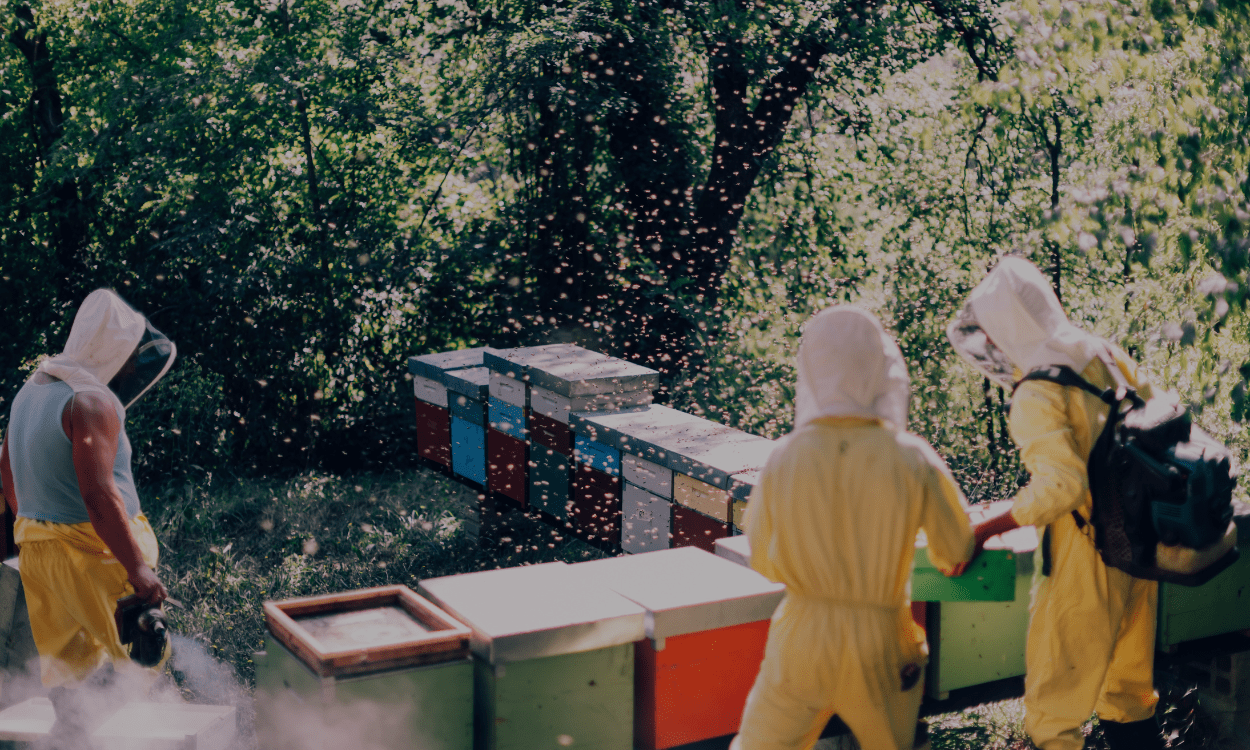

The Future of Honey Production: Innovations and Challenges in the Honey Industry
Honey is one of the oldest and most beloved natural sweeteners in the world, with a history dating back thousands of years. However, the honey industry is currently facing a number of significant challenges, from declining bee populations to the environmental impacts of modern production methods. As we look towards the future, there is a growing need to explore innovative solutions that can ensure the sustainability and resilience of honey production.
Declining Bee Populations
One of the most pressing issues facing the honey industry is the steady decline of bee populations around the world. Bees are essential pollinators, responsible for the reproduction of over 75% of flowering plants and crops. Yet, in recent decades, we have witnessed a troubling trend of bee colonies collapsing or disappearing entirely, a phenomenon known as “colony collapse disorder.”
The causes of this decline are complex and multifaceted, stemming from a combination of factors including habitat loss, pesticide use, climate change, and disease. As bee populations dwindle, the implications for global food security and ecosystem health are profound, underscoring the urgent need for action.
Innovative Approaches to Beekeeping
In response to these challenges, the honey industry is actively exploring a range of innovative approaches to beekeeping that prioritize the health and resilience of bee colonies. One promising area of development is the use of technology to better understand and manage beehive dynamics.
For example, some beekeepers are now incorporating smart hive monitoring systems that use sensors to track factors like temperature, humidity, and bee activity. By analyzing this data, beekeepers can gain valuable insights into the well-being of their colonies and make more informed decisions about hive management, such as when to add supplementary feeding or treat for pests and diseases.
Additionally, advancements in genetic research are enabling the selective breeding of bee strains that are more resilient to environmental stressors and better equipped to thrive in the face of emerging threats. This can involve identifying and amplifying desirable traits like disease resistance, foraging efficiency, and colony cohesion.
Sustainable Honey Production Practices
Beyond technological innovations, the honey industry is also exploring ways to implement more sustainable production practices that reduce the environmental impact of honey harvesting and processing. This includes a growing emphasis on organic and regenerative beekeeping methods that eschew the use of synthetic pesticides and focus on creating healthy, diverse ecosystems for bees to thrive.
One such approach is the concept of “polycultural beekeeping,” where beekeepers maintain diverse plantings of native flora around their apiaries to provide bees with a broad range of pollen and nectar sources. This not only supports the nutritional needs of the colonies but also helps to restore and preserve vital habitat for a wide range of pollinator species.
Furthermore, some beekeepers are experimenting with alternative hive designs, such as top-bar hives or Warre hives, which mimic the natural nesting environments of bees and can reduce the need for invasive management techniques. These approaches can have tangible benefits for bee health and productivity, while also minimizing the environmental footprint of honey production.
Diversifying Honey Products and Markets
As the honey industry navigates the challenges of declining bee populations and the need for more sustainable production methods, there is also a growing emphasis on diversifying honey products and expanding into new markets. This includes the development of specialized honey varieties, such as monofloral honeys derived from specific nectar sources, as well as value-added products like honey-based skincare, confections, and even honey wine.
By tapping into the growing consumer demand for unique and artisanal food and wellness products, the honey industry can not only diversify its revenue streams but also highlight the intrinsic value of bees and their honey. This, in turn, can help to raise awareness about the importance of protecting bee populations and promoting sustainable beekeeping practices.
Additionally, the industry is exploring opportunities to expand into international markets, particularly in regions where honey consumption is traditionally lower. By introducing new honey varieties and educating consumers about the health benefits and culinary versatility of this natural sweetener, the honey industry can potentially open up new avenues for growth and support the overall sustainability of the sector.
Collaboration and Knowledge Sharing
Addressing the complex challenges facing the honey industry will require a coordinated, multi-stakeholder approach that brings together beekeepers, researchers, policymakers, and consumers. This includes the promotion of knowledge-sharing platforms and collaborative initiatives that facilitate the exchange of best practices, innovative technologies, and cutting-edge research.
One example of this is the establishment of regional or national honey producer associations, which can provide training, resources, and advocacy support to individual beekeepers. These organizations can also play a crucial role in shaping policy and regulations that support sustainable honey production, such as the implementation of pesticide-use restrictions or the creation of incentives for habitat restoration.
Furthermore, the honey industry can benefit from strengthening partnerships with academic institutions and research centers, which can contribute to the development of new technologies, breeding programs, and sustainable management strategies. By fostering these collaborative efforts, the industry can stay at the forefront of innovation and position itself for long-term resilience.
Conclusion
As the honey industry faces a future marked by declining bee populations, environmental challenges, and evolving consumer preferences, the need for innovative solutions has never been more pressing. By embracing technology, sustainable production practices, diversified product offerings, and collaborative knowledge-sharing, the industry can chart a path towards a more resilient and environmentally responsible future.
The role of bees as essential pollinators and the intrinsic value of honey as a natural, artisanal product make the success of the honey industry a critical concern for global food security, ecosystem health, and the preservation of our natural heritage. Through a concerted effort to address the industry’s challenges and capitalize on emerging opportunities, the honey producers of today can ensure that this age-old sweetener remains a cherished part of our collective future.